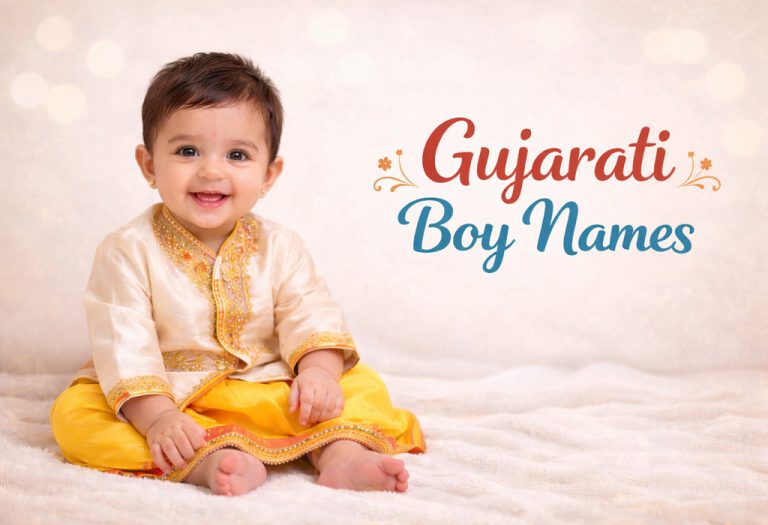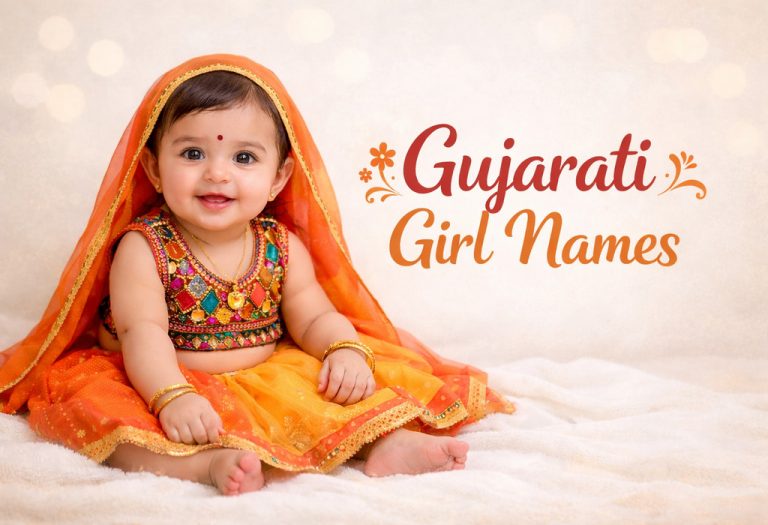Indigo Children & Their Characteristics
Indigo children are special and the game changers of humanity. They view the world through a different lens and cut through societal clutter and systems. Sometimes, it may take a while before a child realizes that they are of Indigo origin, while some awaken way after teenage-hood or after becoming adults. Often described as sensitive and spiritually aware, they face unique challenges in a world that may not fully understand or accommodate their distinct qualities. This article explores the essence of Indigo children and the hurdles they encounter on their life journeys. Let’s read!
Who Are Indigo Kids?
Let’s take a look at Indigo child meaning:
Indigo kids are children with supernatural gifts or talents, designed to lead humanity. They are the changemakers of the world and are very confident or strong-willed. These are children who are destined to guide souls and Indigo kids see the oneness of the universe. You and I know that we are individuals or different beings but Indigo kids don’t see it that way.
Traditional or restrictive parenting doesn’t affect them in any way as they have a mind of their own. Also, some Indigo children struggle with feelings of disconnect or frustration due to the weaknesses or flaws they see around the world.
They carry an aura that transcends all. Indigo children’s eyes are also usually deep azure and green and are intensely expressive.
Origins of an Indigo Child
The indigo children phenomenon originated in the late 1960s and early 1970s when Californian psychic Nancy Ann Tappe observed children with indigo auras. This trend escalated in the 1980s and 1990s, persisting to the present day. In 1999, the book “The Indigo Children: The New Kids Have Arrived” by Jan Tober and Lee Carroll explored the spiritual dimensions of these children, offering guidance for parents. The authors described indigo children as possessing unprecedented psychological traits, necessitating specialized support from parents and educators to foster balance and prevent frustration. The prevailing belief is that indigo children represent a progression in human evolution, equipped with unique capacities to shape a better world.
Characteristics of Indigo Children
Here are the most common characteristics of Indigo children:
1. Creativity
They are creative in remarkable ways. From artistic skills to being able to paint, draw, and express themselves through different media all at a young age, Indigo children are one-of-a-kind geniuses.
2. Well-developed Intuition
From being able to sense when something is awry to making the right decisions in heated moments, Indigo children have high intuitive abilities. Their perception broadens due to this and they’re also able to see aura fields. A good example of high intuition is being able to tell someone’s backstory without talking to them on the first meeting.
3. Born Leaders
They have leadership skills in them naturally and tend to tap into it at a very early age. You can expect these children to lead people with their charisma and passion.
4. Psychic Connections
Indigo children will love to learn about topics related to spirituality, telekinesis, and telepathic or psychic abilities. They constantly hone their skills in this area and believe in fostering a deep connection with the Universe. Some Indigo children are also believers of the Law of Attraction and notice it manifesting in every aspect of their lives.
5. Laser Focus and Memory
Indigo children aren’t just creative or psychic wizards. They also have a razor-sharp memory and laser focus. They’re able to think on their feet and recall events from years ago. Other Indigo children abilities include having an eidetic or photographic memory. They’re also very intelligent and make good rational decisions.
6. Destined for Greatness
One of the Indigo children traits is that they know they are special. They feel destined for greatness and feel it within their bones.
7. Rebels or Misfits
Indigo kids have their own quirks and intricacies. They don’t fit in with people and may be introverted. The key takeaway is they won’t see things from the same angle as others do. This may lead to heated debates with them proving themselves right and others wrong, losing friends and allies in the process of change.
8. May Face Anxiety or Depression
This is tied to our previous point but if Indigos don’t have an outlet to vent their feelings or views, they may get anxious or depressed. If they’re forced to conform to norms, they may even have suicidal tendencies but these don’t last forever.
9. Challenge Authority
People who are high up in power become the Indigo’s targets. If they don’t believe in someone with authority, they end up challenging them. And end up proving them wrong or overturning them. It’s part of the big change.
10. Guide Others
Once Indigos find their true calling and work their way towards it, they do everything in their power to guide others. Indigo children mission examples include changing the world, starting a new revolution or doing something radical along those lines.
11. Are Driven From Within
A relentless drive is the trademark of Indigo children. They have boundless energy and enormous willpower. Sometimes people around them get flabbergasted from their infectious energy and positive vibrations. They don’t know the meaning of getting tired.
12. May Feel Lost
This is for those Indigos who haven’t started working on the big change. This trait occurs in awakening Indigos who realize they just don’t fit in. This leads to feelings of seclusion and isolation since they just don’t get along with the crowd and know that they’re different.
13. May Feel Frustrated
Indigo kids may feel frustrated because of the way the world works. Sometimes the changes they expect from others don’t happen in an instant and that frustrates them.
What Is the Difference Between a Crystal and an Indigo Child?
The origin of crystal children sparks debate, with some asserting they are synonymous with indigo children, while others hold a contrasting view. Crystal children are recognized by their translucent aura, often exuding a greater sense of tranquillity compared to indigos. They naturally gravitate towards magic and mystical beings and are thought to communicate through telepathy. Unlike indigo children, who emerged in the 1970s, crystal children are believed to have integrated into the auric spectrum in the 21st century, heralding a promising future. The notion of rainbow children prompts significant disagreement. While some posit they have a distinct identity, others contend they are essentially crystal children. A faction also posits that rainbow children constitute a subgroup within the crystal children category.
Challenges Indigo Children Face
Some of the challenges Indigo children face are:
1. Depression and Suicide
Depression, suicide, melancholy, and disconnection with others are some of the problems faced by Indigo children. This is because they don’t see eye-to-eye with everyone and notice flaws in systems glaringly. Despite noticing, they cannot say anything because it hurts others. Due to this, they bottle in the emotions they experience, leading to negative thoughts, depression, suicidal tendencies, and similar feelings.
2. Morality and Integrity
Indigo children have a special ability to just know when people are lying or being dishonest. This trait is one of their unique characteristics and makes them mindful of the people they come in contact with.
3. ADHD and Restlessness
As Indigo kids can’t sit still or are always on the move, theyare often diagnosed with ADHD. They have something in the works and their inventive minds work around the clock. It’s amazing to see what they can do this way.
Indigo Children Test
Have you ever wondered if you or someone you know might be an Indigo child? There’s a set of questions that can help determine if you align with this unique generation. If most of the statements below resonate with you, there’s a good chance you could be an Indigo child.
- I possess the ability to easily understand the thoughts and emotions of others.
- I’m often described, either by myself or others, as having wisdom beyond my years.
- My personality and temperament tend to be unconventional compared to others.
- I’m highly sensitive to my surroundings and the energy in my environment.
- I feel a deep inner calling or purpose that I believe I must fulfill.
- People often perceive me as “different” or “unusual.”
- I rely heavily on my intuition and trust it to guide me in decision-making.
- I am sensitive to processed foods, additives, refrigerants, and red meat.
- While intelligent, I don’t always achieve top grades in academic settings.
- I find joy in expressing my creativity through hands-on activities.
How Can We Help Indigo Kids Fulfill Their Mission?
We can help Indigo kids fulfil their mission in the following ways-
1. Be a Pillar of Support
Even if you don’t see eye-to-eye with your Indigo kid or don’t understand his views, support him anyway because you never know what the outcome will be.
2. Help Him Relax
If your Indigo child has a hard time relaxing or calming down when struck with panic attacks, just help him relax. This means guiding him through mindful or deep breathing or teaching therapeutic routines like Qi Gong and Tai Chai.
3. Teach Him How to Shield
Teach your Indigo kid to visualize a ball of white light shielding him every morning after he wakes up. This protects negative energy from making its way into his psyche.
4. Epsom Salt Baths
Epsom salt or sea salt baths are known to cleanse the aura and purge it from any negative spiritual debris.
5. Give Him Space
Set aside a quiet room in the house where he can be himself. The room should have no electronic or machinery equipment. Let him draw, doodle, paint, solve puzzles, or do whatever he wants in that room for a few minutes throughout the day or whenever he wants.
Indigo kids are exceptional beings and with a little nurturing as a parent, you’d be surprised how ahead of his peers he can go. In fact, they are the leaders of the new world and you should be proud you have one in your family.
References/Resources:
1. Indigo Children: Humanity’s Salvation or Pseudoscientific Nonsense?; universallifechurch.org; https://www.universallifechurch.org/2018/08/07/indigo-children-humanitys-salvation-or-pseudoscientific-nonsense/
2. The Enigma of the Indigo Child; spiritualcleansing.org; https://spiritualcleansing.org/the-enigma-of-the-indigo-child/
3. Introduction to Divine children (spiritually evolved children); spiritualresearchfoundation.org; https://www.spiritualresearchfoundation.org/spiritual-research/spiritual-phenomena/divine-children/divine-spiritual-children/
4. Beth Singler; Big Bad Pharma: The Indigo Child Concept and Biomedical Conspiracy Theories; researchgate.net; https://www.researchgate.net/publication/283786341_Big_Bad_Pharma_The_Indigo_Child_Concept_and_Biomedical_Conspiracy_Theories; November 2015
5. Indigo Children; serendipstudio.org; https://serendipstudio.org/exchange/patricia-mundy/indigo-children
6. Indigos: The Evolution of the Gifted Child; som.org; https://som.org/books/how-to-raise-an-indigo-child/
7. Seeing the Indigo Children; cdn.centerforinquiry.org; https://cdn.centerforinquiry.org/wp-content/uploads/sites/29/2009/07/22164430/p43.pdf
8. Indigo Children – 10 Traits, Signs & Characteristics of Indigo Children; vedanshika.org; https://www.vedanshika.org/indigo-children/
Also Read:
Gifted Children
Dementia in Kids
Short Term Memory Loss in Children
Intellectual Disability (Mental Retardation) In Children
Was This Article Helpful?
Parenting is a huge responsibility, for you as a caregiver, but also for us as a parenting content platform. We understand that and take our responsibility of creating credible content seriously. FirstCry Parenting articles are written and published only after extensive research using factually sound references to deliver quality content that is accurate, validated by experts, and completely reliable. To understand how we go about creating content that is credible, read our editorial policy here.






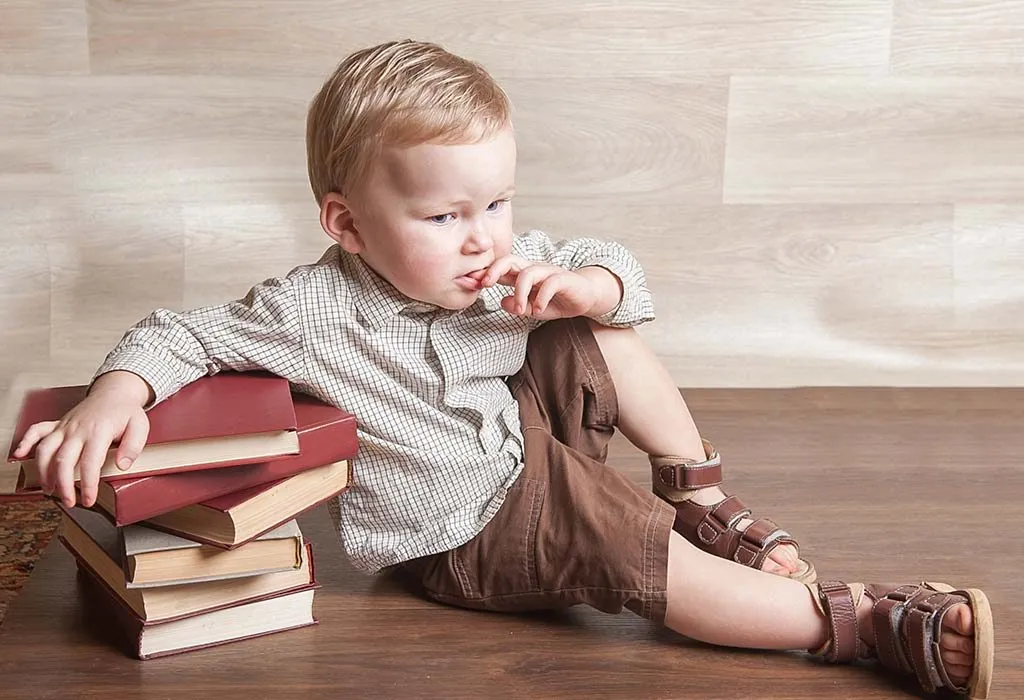
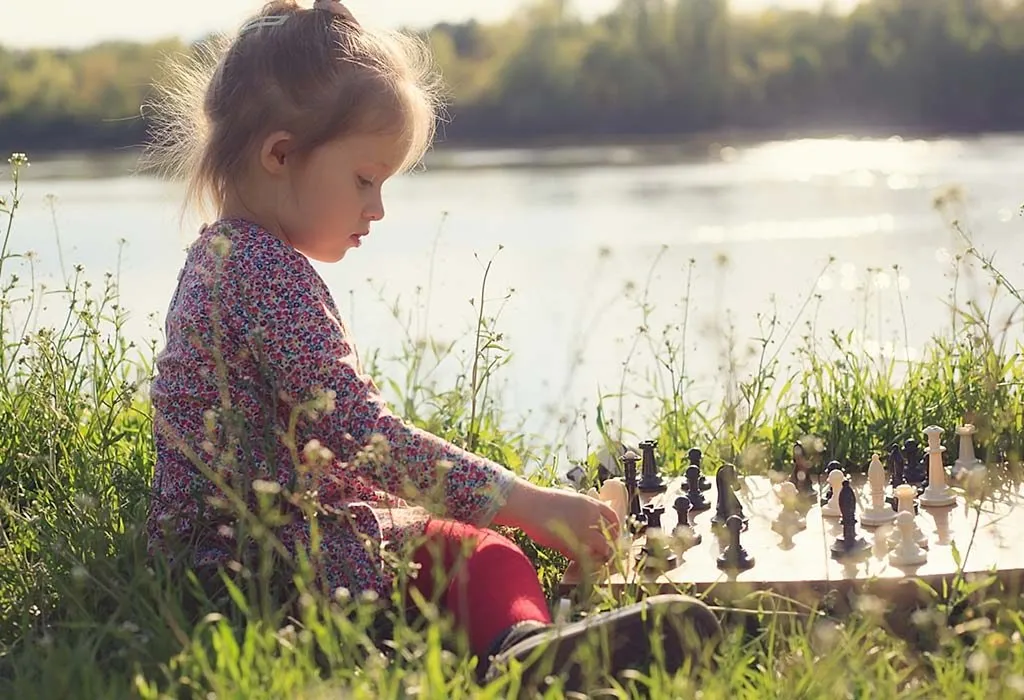



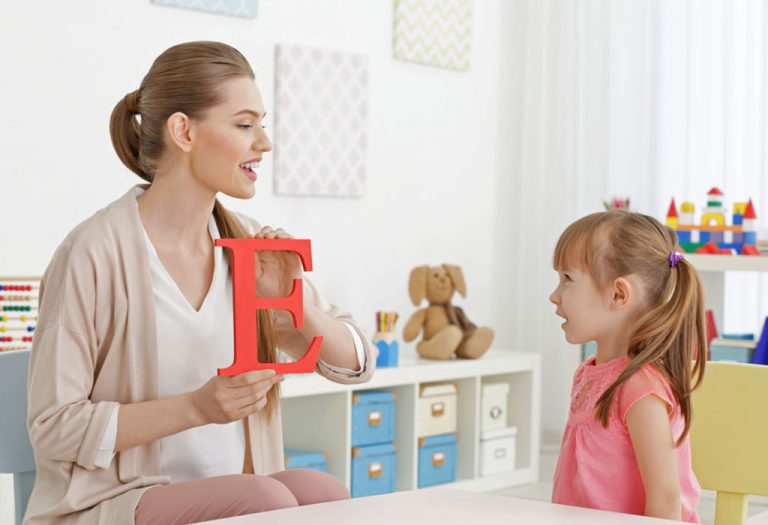




.svg)








